THE POSSIBLE ROLE OF P2X7 RECEPTORS OF ATP IN THE INDUCTION OF RECOVERY SLEEP
01/29/2020
Zoltán Lelkes1, Henna-Kaisa Wigren2, Silja Soini2, Heidi Ikonen2, Tiia Salminen2, Olena Santangeli2, Tarja Porkka-Heiskanen2
1 Dept. of Physiology, University of Szeged, Szeged, Hungary and 2Dept. of Physiology, University of Helsinki, Helsinki, Finland
The basal (BF) forebrain is a key area in sleep regulation and implicated in the induction of recovery sleep (RS). ATP, as a neurotransmitter, might be involved in sleep regulation and the induction of RS. To test this hypothesis, we studied how the local BF administration of A438079, a P2X7 receptor antagonist of ATP, during sleep deprivation (SD) influences the subsequent RS. In 7 rats with implanted EEG/EMG electrodes and guide cannulae for microdialysis probes, the probe targeted into the BF was perfused with artificial cerebrospinal fluid (CSF) on the baseline day. Then, on the subsequent SD days, the rats were sleep deprived for 12 h in the light period, and during SD, the microdialysis probe was perfused with CSF (SD+CSF) or 5 mM A438079 (SD+A). Sleep was recorded for 24 h on the baseline and SD days and also on the days immedeiately following the SD days. SD+CSF enhanced NREMS during the subsequent RS compared to the baseline, but SD+A resulted only in a tendency to increase NREMS. NREMS following SD+CSF and SD+A did not differ significantly from each other, blocking of P2X7 receptors during SD by A438079 resulted only in a tendency to supress the following NREMS rebound. REMS rebound was not changed by A438079. Our present findings give only very little support to the hypothesis that ATP and its P2X7 receptors might be involved in the induction of RS. The application of a stronger P2X7 antagonist is needed to clarify this question.
